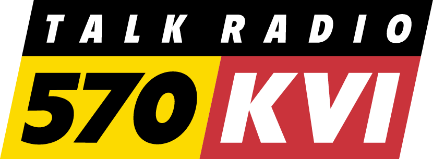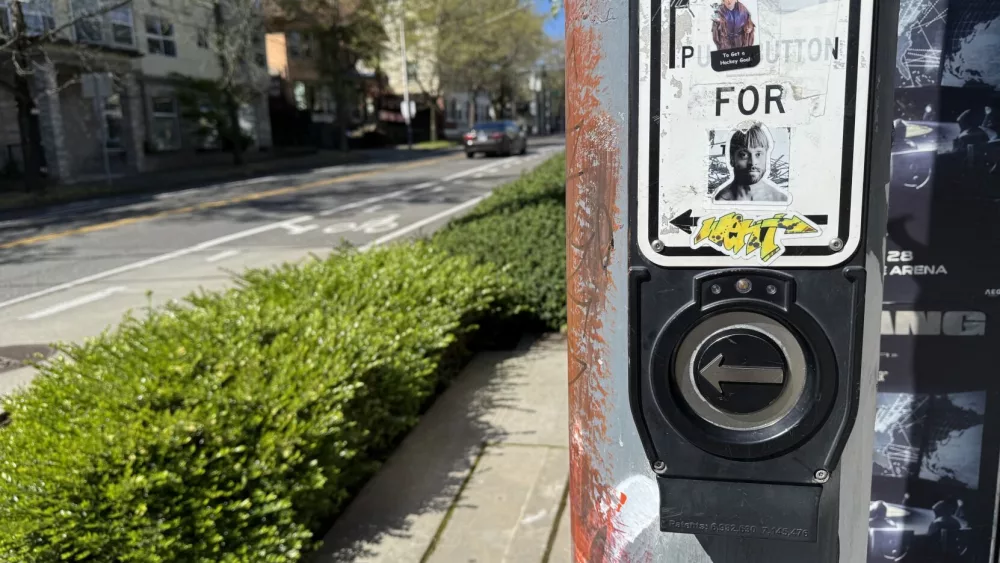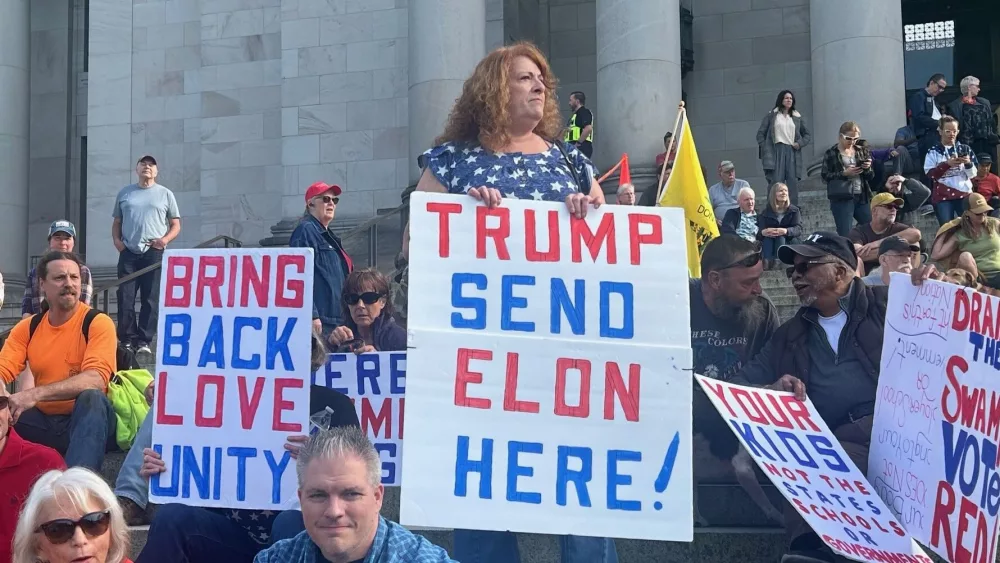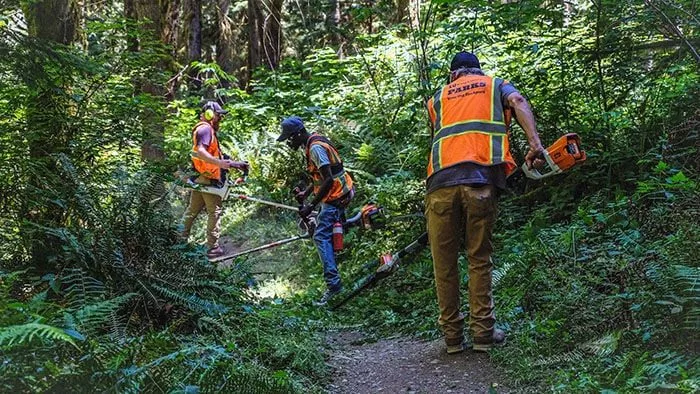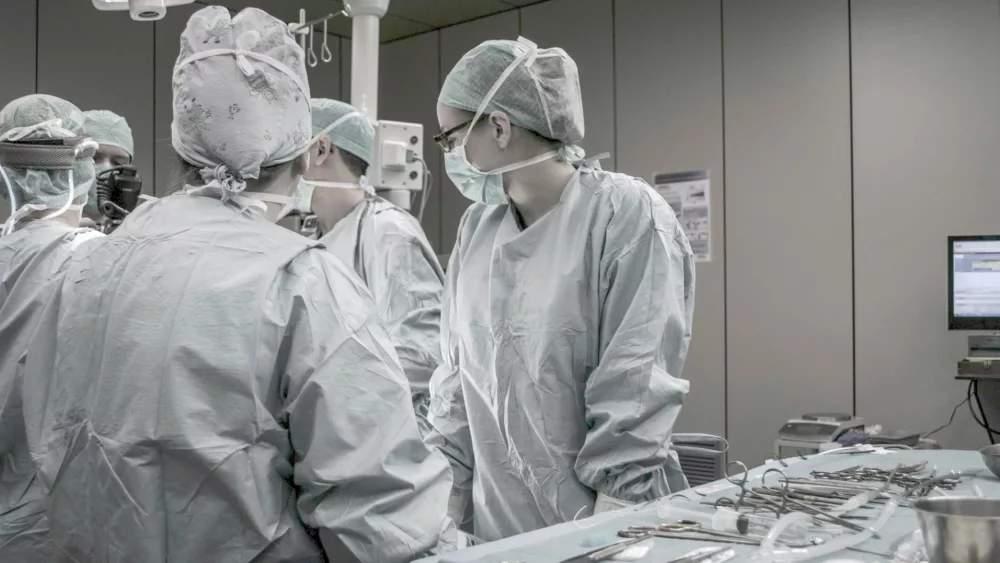(The Center Square) – Majority party Democrats’ proposed supplemental House and Senate budgets each contain a provision for $150 million in energy rebate vouchers that would be funded by revenue from carbon auctions that are part of the Climate Commitment Act.
Both versions would provide one-time vouchers of $200 per household and require utilities and organizations that send the payments to use government-approved language when delivered.
There are some differences between the two proposed budgets.
The House version would cancel some payments if voters end up passing Initiative 2117 in November to repeal the CCA.
Half of the funding “shall be disbursed by the department [of Commerce] to each utility on October 15, 2024,” and will prioritize customers “at or below 80 percent area median income.” The other $75 million must be sent out by Feb. 15, 2025, unless voters approve I-2117.
The Senate version requires checks to be sent in 2024.
At a Tuesday morning media availability event, Republicans characterized the energy rebate proposals as a de facto admission that the carbon tax – adding up to 45 cents to the cost of a gallon of gas, according to some – is hitting people hard.
Rep. Chris Corry, R-Yakima, ranking Republican on the House Appropriations Committee, said Washington state has the third-highest gas prices in the nation.
“There is some acknowledgment of that failure with a $150 million in energy rebates that are in both the House and Senate budgets showing it’s been directly impacted,” Corry said.
That assessment was backed up by his colleague in the other chamber, Sen. John Braun, R-Centralia.
“The largest spend in that is $150 million that will go to energy vouchers to those that are affected by this increase in the cost of energy directly related to the Climate Commitment Act,” the Republican Senate leader said. “So I think that’s kind of an interesting statement being – they’re actually admitting that it’s affecting the people.”
That observation didn’t stop Republicans from taking shots at the proposals, both in terms of practicality and optics.
“I think if you’re going to acknowledge the problem – which there is – you need to give people the money back that they were adversely impacted,” Corry said. “So give it all out.”
Braun noted the limits of a one-time payment of $200.
“Let’s be candid about how much $200 is really going to help,” he said. “It’ll cover your extra fuel costs for a month, maybe two. What about the other 10 months of the year?”
The House version came under extra scrutiny for the timing of the rebate payments.
“I think there will be even-minded people out there that will look at the way the House has done this and think, ‘That looks a little bit like electioneering,'” Braun observed.
Drew Stokesbary, R-Auburn, was more blunt in his assessment, saying the budget looks “fishy” in that it sends “hundreds of dollars to people right before and right after an election where the second payment is based on how they vote in the election.”
The House minority leader went on to call the approach “suspicious” and not “a sign of good government.”
Stokesbary’s comments were brought up at the Democrats’ noon media availability event.
“I would be interested to see how Rep. Stokesbary would propose to pay for that rebate if the revenue from the Climate Commitment Act stops coming in in December,” Rep. Joe Fitzgibbon, D-Seattle, said. “It would not be responsible budgeting for us to make a promise that we can’t keep.”
The 2021 CCA, which went into effect at the beginning of 2023, directs the Department of Ecology to develop and implement a statewide cap-and-trade program to cut carbon pollution. The cap-and-trade program’s carbon auctions have raised approximately $2 billion so far.
Earlier in the press conference, Fitzgibbon touted the rebate vouchers and the overall benefits of the CCA.
“We do think utility bill cuts are an important way to support low- and moderate-income Washingtonians right now, and we want to be sure that Washingtonians are seeing the benefits of the Climate Commitment Act,” he said.
Fitzgibbon hinted that more than rebate vouchers are on the line with I-2117.
“We need to be upfront with the voters of the state, that if we’re not charging large polluters for the impact that that pollution is having on our state, then that revenue goes away and we’re not going to continue to be able to make the investments whether that’s utility bill credits, or investments in forest health, wildfire prevention, salmon habitat recovery, traffic safety,” he said. “If the revenue goes away, we can’t continue those investments, and we need to be sure that folks understand that.”
The Center Square reached out to the office of Gov. Jay Inslee for comment on the proposed supplemental budgets.
“These are legislators’ budgets, not the governor’s,” Inslee spokesperson Mike Faulk emailed The Center Square. “Only legislators would know their rationale for the different approaches in the House and Senate proposals. They’ll continue discussing it in the budget negotiation process.
“For our part, it’s encouraging there’s broad agreement on pursuing a utility credit.”

